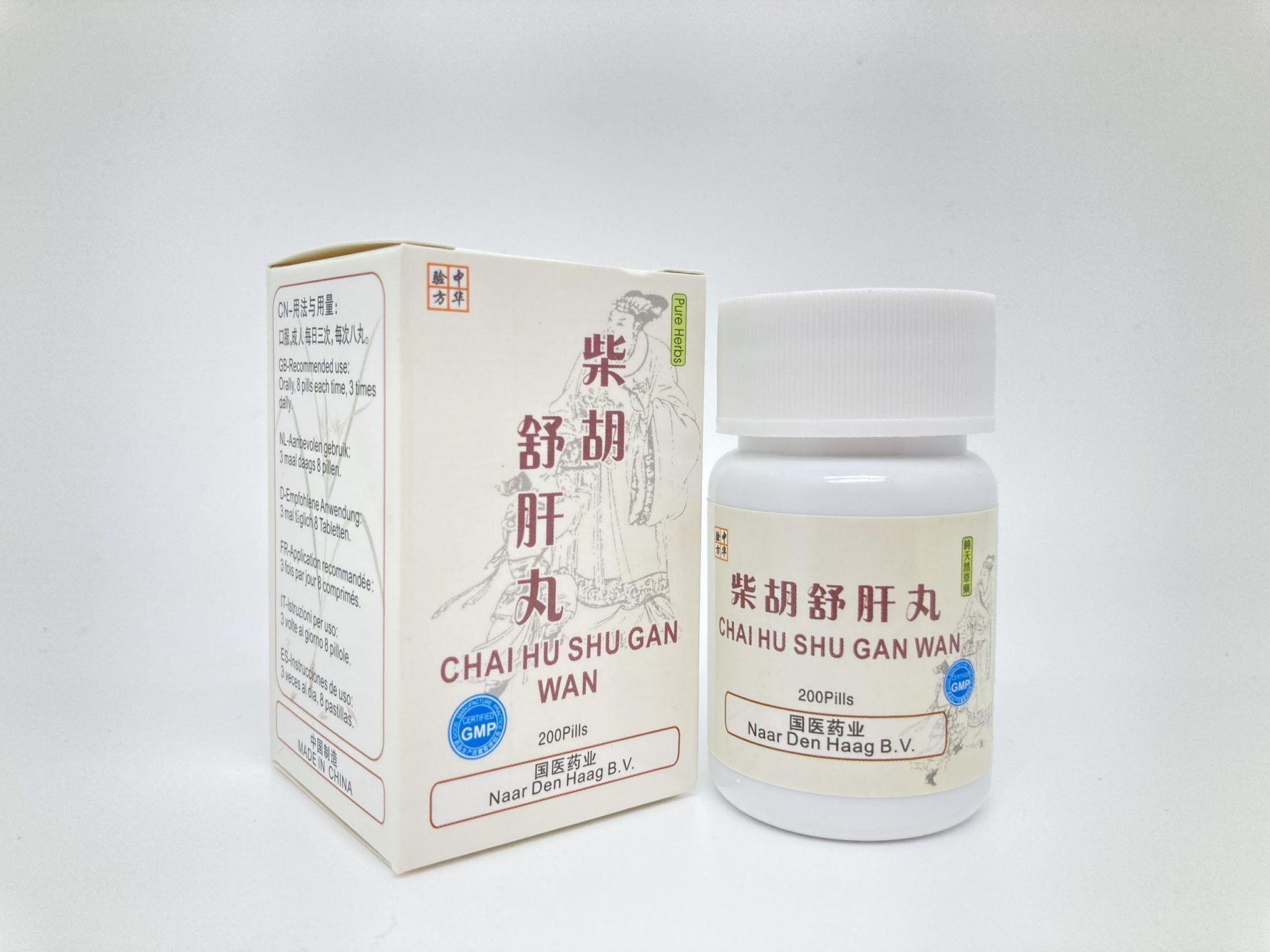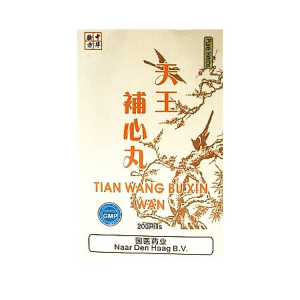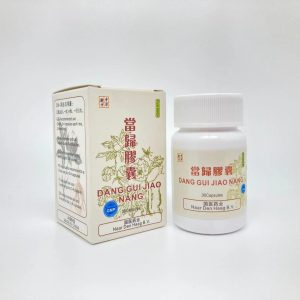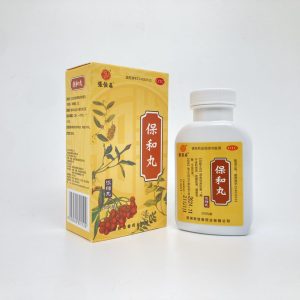Description
Life is tough. Whether we are rich or poor, famous or ordinary, old or young, we all have had moments of anger, sorrow, loss, confrontation etc. In most cases, we can cope with them and leave emotional stress behind. There are times, however, that we think we might have got it over and then find it still hurts even after years. We may unintentionally breath a sigh of relief and experience occasional flank ache. This may signal what is called in traditional Chinese medicine (TCM) as “liver Qi stagnation”.
In TCM, Qi is the vital energy whose smooth circulation throughout the body keeps its organs working in harmony. Anger hurts the Liver and blocks the flow of Qi in the Liver meridians. Liver Qi stagnation includes the following symptoms: distending discomfort along the sides of the body, deep breathing, short temper, chest distention, and frequent belching.
Chai Hu Shu Gan Pian (Wan) acts to soothe the liver and disperse the stagnated liver Qi. The Chinese medicine consists of a delicate combination of seven Chinese herbs as outlined below.
Chai Hu (Bupleurum root) is the chief Chinese herb in the formula. It relieves the stagnated Liver Qi and soothes the Liver.
Xiang Fu (Cyperi rhizome) soothes the Liver and removes Qi obstruction.
Zhi Ke (Bitter orange) regulates Qi and disperses fullness in the chest and abdominal distension.
Chen Pi (Tangerine peel) moves Qi and strengthen digestion, expels dampness and transforms phlegm. Chen Pi, together with Xiang Fu and Zhi Ke act in the formula to enhance the function of Chai Hu.
Chuan Xiong is a unique Chinese herb that both invigorates Blood and moves Qi. It expels Wind.
Bai Shao (Poeny root) nourishes the blood, harmonizes the liver.
Gan Cao (Licorice root) tonifies Spleen and Qi and moderates the action of the other herbs.




